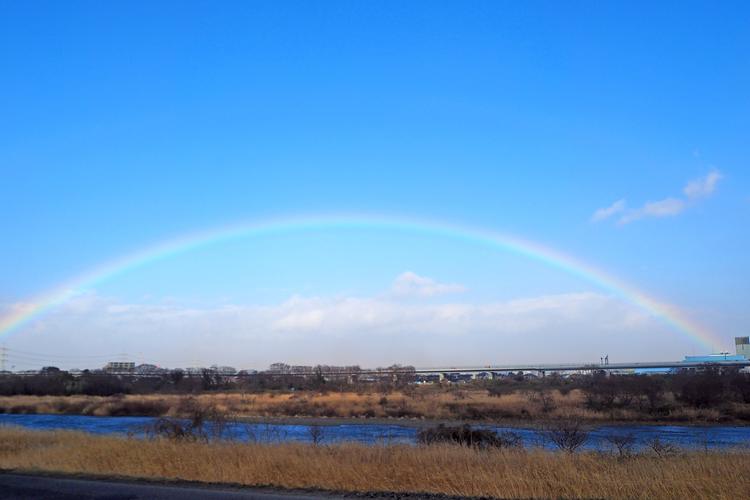In today’s digital age, traditional and indigenous languages all over the world are at risk of being lost forever. With the introduction of new and popular languages such as English, Mandarin, and Spanish, many individuals no longer see the need to learn or preserve their native language. Furthermore, with the advent of technology and social media, the younger generations are more accustomed to utilizing the Standard English language, thereby making it harder to preserve traditional languages.
However, it is important to keep traditional languages alive in this digital era. Doing so ensures that these languages do not die off and that future generations can also enjoy and appreciate them. Here are a few suggestions on how to preserve traditional languages in a digital era:
1. Record and Document Traditional Languages – The documentation of traditional languages through audio, video, and written texts creates a lasting record that can be easily shared and studied by others. This can be done through creating oral histories, recording traditional songs, and documenting traditional cultural practices.
2. Create Digital Resources – With the advancement of technology, it is possible to create digital resources such as language learning apps and online dictionaries to teach traditional languages. These resources can be shared widely, making it easier for people across the globe to learn traditional languages.
3. Promote Language Learning – Encourage language learning by providing opportunities for people to learn traditional languages like conducting workshops and immersion programs. This strengthens the use of these languages and creates a greater interest in preserving them.
4. Involve Youth – Involve young people in the preservation efforts of traditional languages by collaborating with schools and universities. They can be taught traditional languages and given the opportunity to appreciate and understand their cultural heritage.
Ultimately, taking these steps can help in the preservation of traditional languages. Preserving traditional languages is not just important for the individual, but also for the wider cultural heritage of the world. By doing these simple things, we can foster a world that recognizes and appreciates the diversity of native languages.
(Note: Do you have knowledge or insights to share? Unlock new opportunities and expand your reach by joining our authors team. Click Registration to join us and share your expertise with our readers.)
Speech tips:
Please note that any statements involving politics will not be approved.
